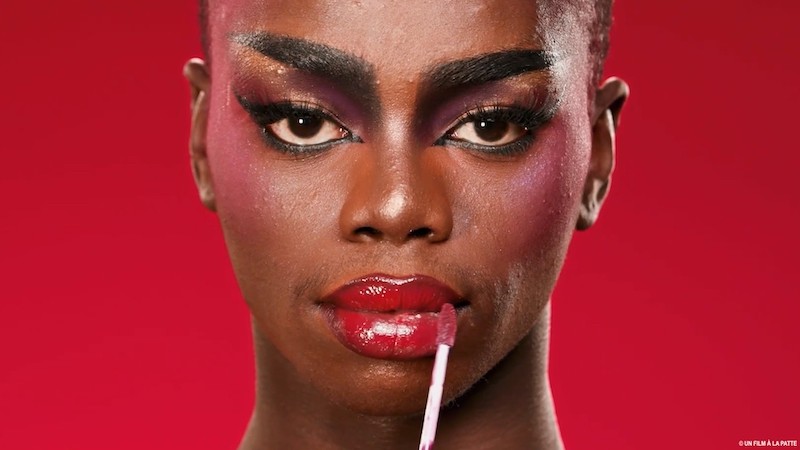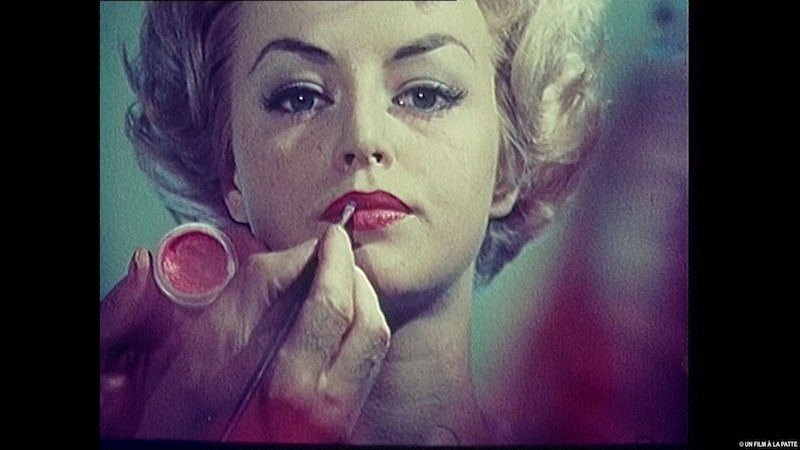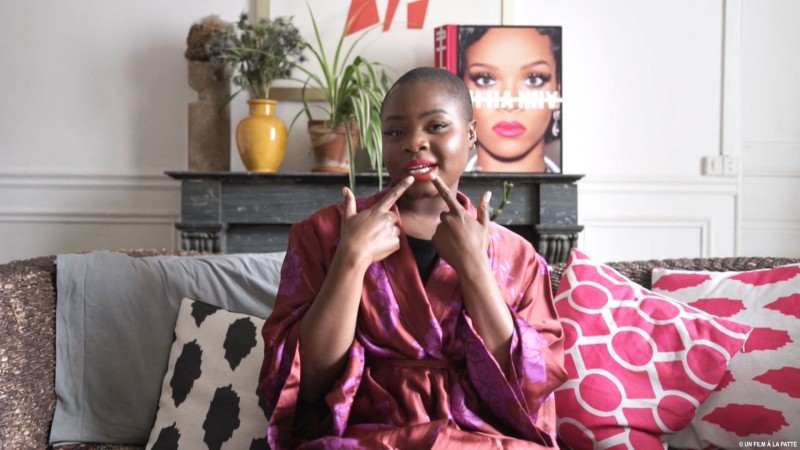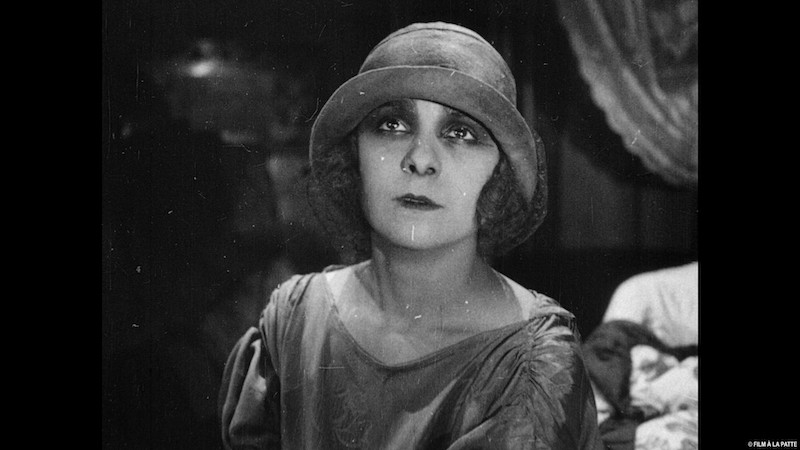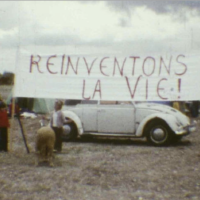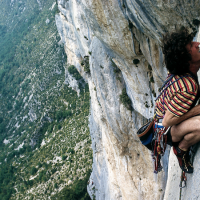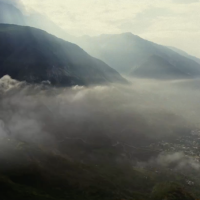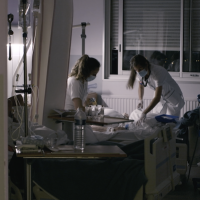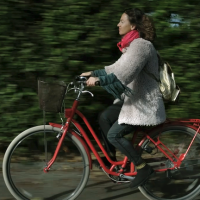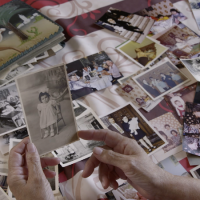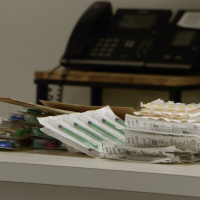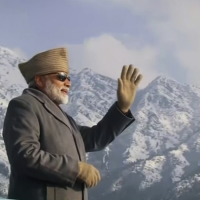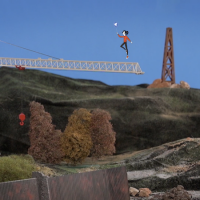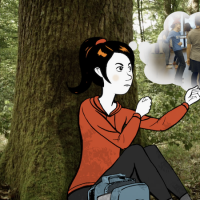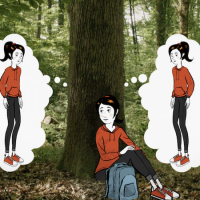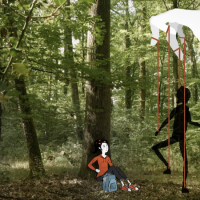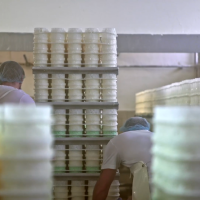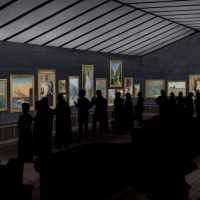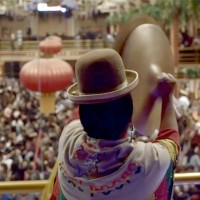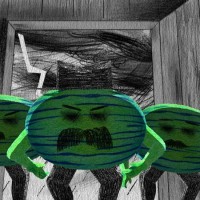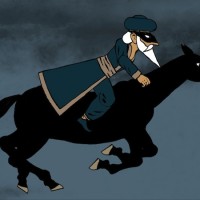Lipstick: make-up power
Directed by Claudia Marschal, co-written with Ian Simpson
Pitch
Symbol of power, self-assertion or submission, lipstick is not without contradiction. Inextricably linked to the history of women, it perfectly mirrors our society and its various political struggles. Lipstick is a tiny iconic and highly political object.
Synopsis
New York, 1912. Twenty thousand suffragettes demonstrated for the right to vote. Their lips were painted red. At a time when lipstick was regarded as the preserve of women who were no better than they should be, this was a revolutionary expression of their desire for political freedom. According to the legend, when the suffragettes marched passed Elisabeth Arden’s salon on 5th Avenue, she handed out lipsticks to them. This small object became a symbol of power and emancipation.
But the history of lipstick is somewhat disconcerted. Worn for cultural reasons, by superstition, to establish one's authority, indicate social superiority and strength, to follow a fashion trend, by provocation, transgression or by submission and conformism. Lipstick can be mainstream and then swiftly shift: people stop wearing it and the absence of lipstick speaks volumes too. For lipstick is a language.
With archives, film excerpts, makeup tutorials and other TikTok videos, the film embarks on a spirited visualization of how lipstick has been used throughout the ages, revealing its multiple audacious ways and how it remains a major cultural and political icon today. A small piece of history with a cap on.
RENT THE FILM ON VOD
Format: 16/9 - 1x52’ - Color - HD
Production: Un film à la patte, Panoramique Terre Productions, Arte G.E.I.E. & R.T.B.F.
Fundings: Centre National du Cinéma et de l'image animée, Région Grand Est and Strasbourg Eurométropole in partnership with CNC, Procirep-Angoa
International distribution: ZED
First broadcaster: Arte
Other broadcasters : RTBF, TV5 Québec Canada
© 2022
TECHNICAL CREW:
Image: Raphaël O'Byrne, Connie Ott
Sound: Jean-Christophe Girard
Editing: Sophie Pouleau
Documentalist: Amélie Sourice
Graphism: Noémie Rosset & Léo Puel
Original music: Lozarey / Arsène Perbost & Stéphane Dorey
This film was produced in a sustainable, virtuous and committed manner, in an eco-responsible approach and was subject to a carbon footprint.

In development

Produced films


